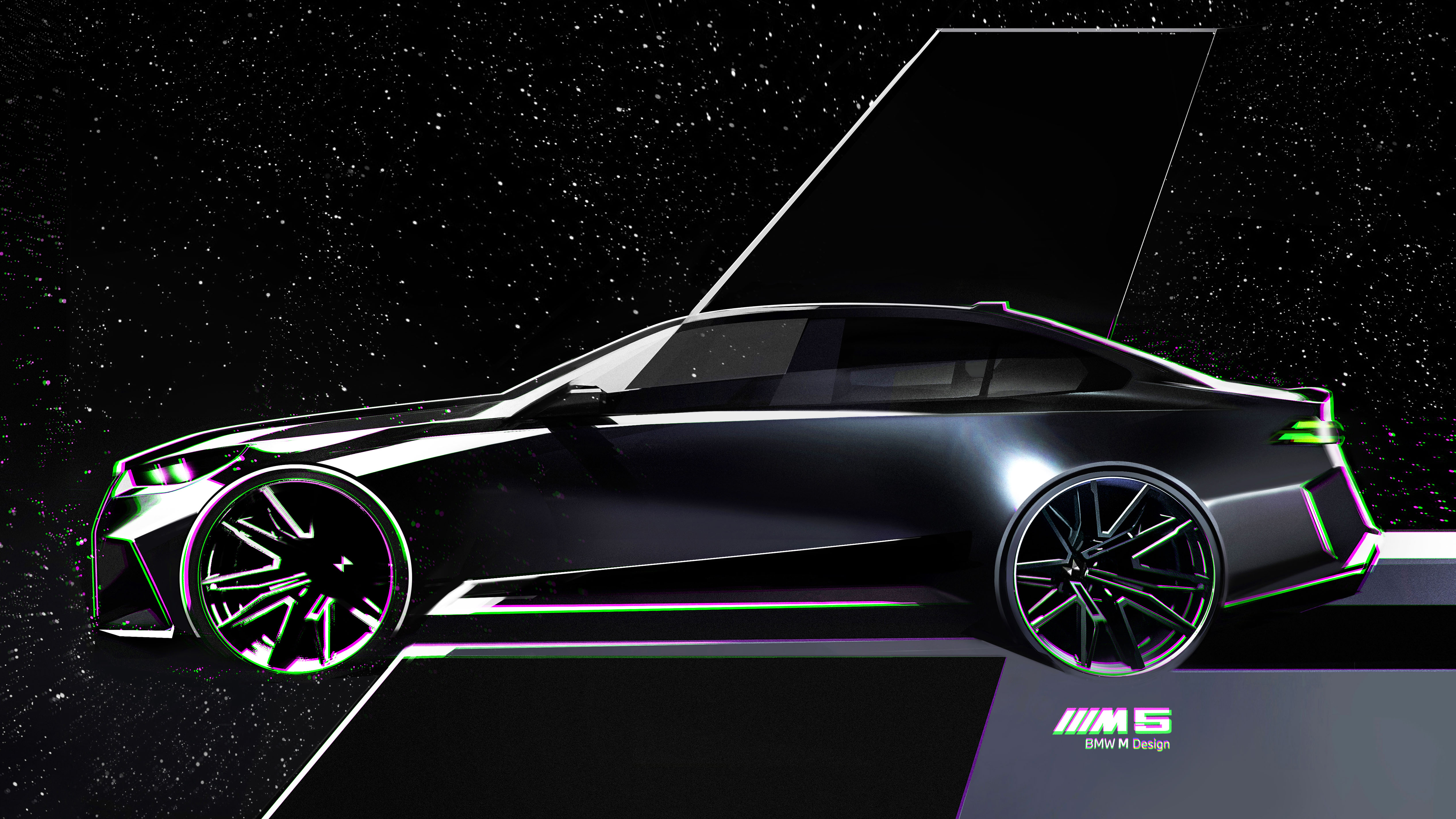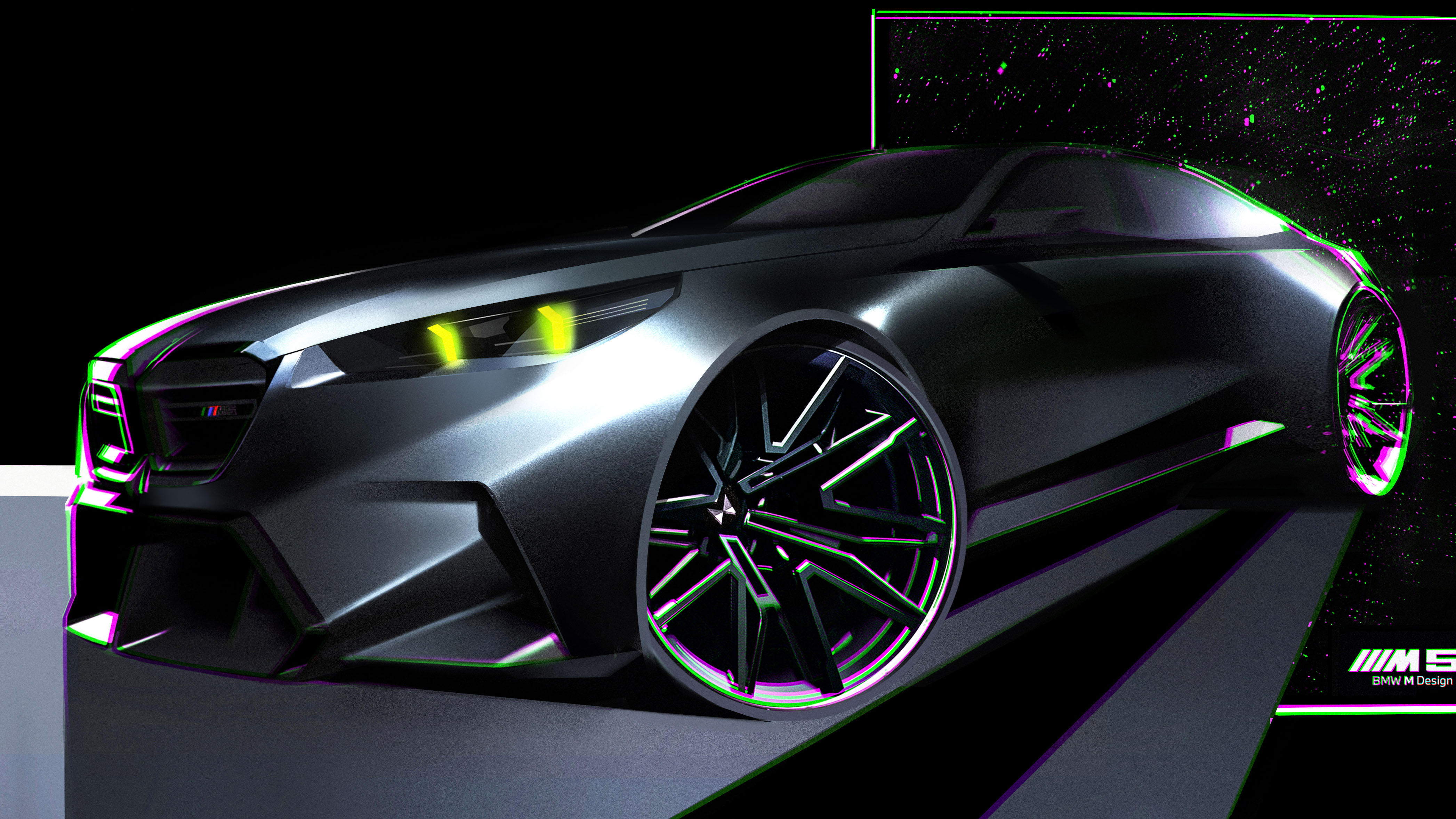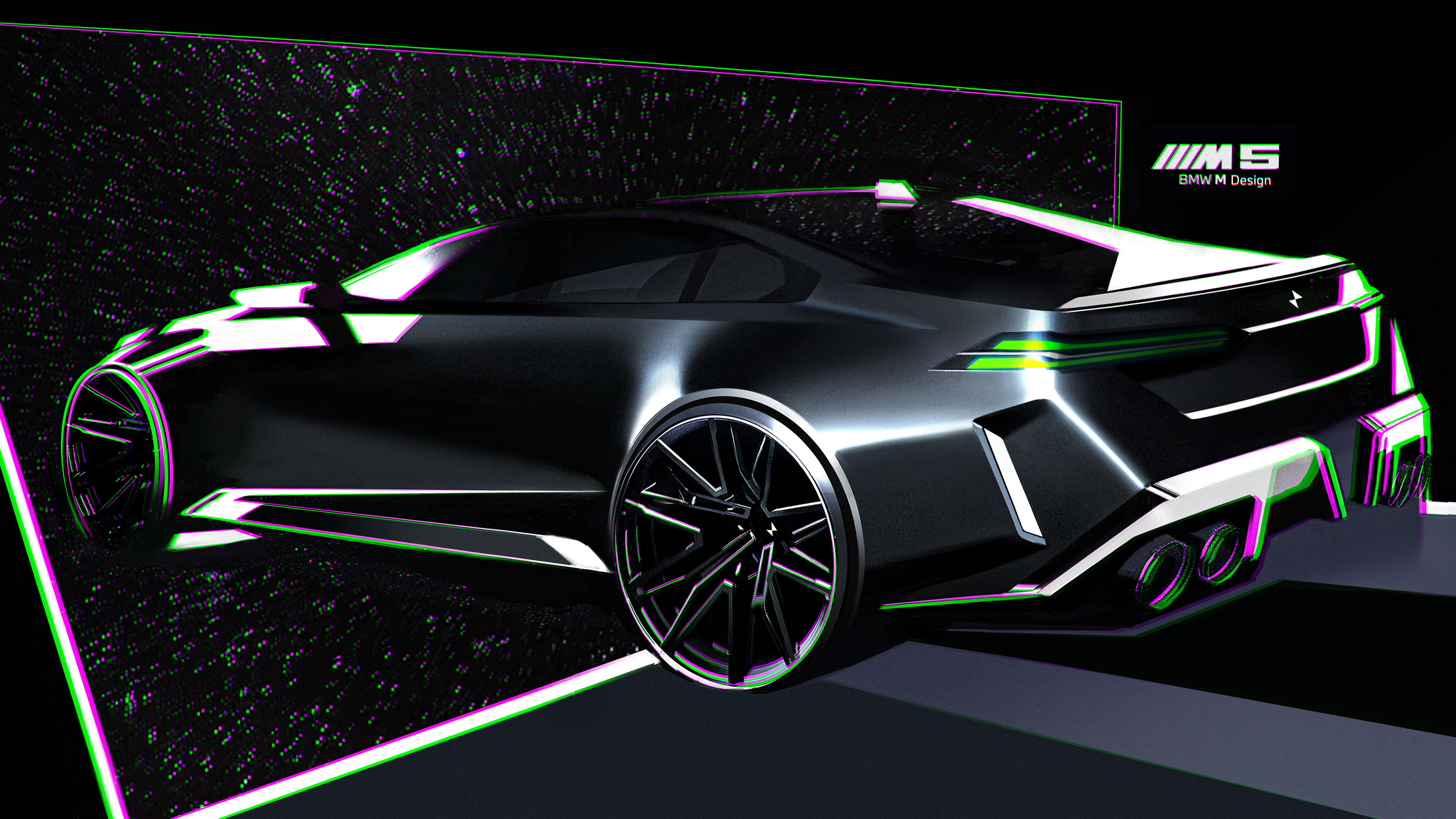
Hot take: the next-next fully electric BMW M5 will be better than the V8 PHEV
Step away from the pitchfork – lighter, solid-state cells could prove transformative
Much of the discourse around the new BMW M5 has centred around its bombastic new powertrain, and its bombastic bulk. It’s 2024, and BMW’s flagship performance saloon sports a big, turbocharged V8... but weighs over 2.4-tonnes. Yeesh. Shoulda’ just stripped back a G90 and stuck a high-revving six-pot in there like Ye Good Ole Days for one last hurrah. Job done.
Of course, M is no stranger to crafting spectacularly angry-looking hippos in running shoes. Like this one. And this one. And oh god this one. Astonishingly, that uncomfortably styled colossus comfortably breaches 2.7-tonnes. That’s not an M car, that’s a boat.
So there’s (a lot of) form. But this is an M5, and so it’s important. This four-door – along with the M3 – has pretty much defined BMW’s motorsport division since its inception. These cars matter, and when there’s so much matter, you get the sense the engineers were kept busy just keeping a heavy V8-hybrid drivetrain in check.
A full battery-electric drivetrain is a no-go, at least now, BMW conceded, because it'd be just as heavy, if not more. Current battery tech doesn’t support a fully-electric M5’s mission statement of, let’s say driving 500 miles to a track and then drifting merrily around it. But the next-generation of battery technology, for a time when everything will have to be electric anyway? That’s a different story. Solid state could, maybe, possibly, please-put-down-the-pitchforks, make the next-next generation M5 Quite Good, and much less of a compromise.
Because everyone now knows we’re on the cusp of a battery revolution. Despite committing to an immediate future of lithium-ion batteries for its ‘Neue Klasse’ EVs, BMW is working on solid state batteries in the background.
Late last year, it deepened its relationship with a company called Solid Power to learn more about this technology's dark arts. Admittedly, it's still a way off, with both BMW and Toyota - the latter also investing heavily in the tech - banking on some point after 2030 for mainstream use. The current issue with solid state batteries is mass production, not the idea.
And it's a great idea with plentiful boons. Smaller. Lighter. Denser. Battery-er. They’ll be able to fast charge more efficiently and regularly. Current predictions put the increase in density at around 40 per cent. With time, research and a truckload of money thrown at the problem, who knows if this’ll increase.
So with these units strapped into the belly of the next-next M5, and with next-next generation control technology and electronic architectures, BMW’s M division won’t have to make as many compromises, allowing them free reign to tune and streamline the top version of whatever 5er comes after the G90’s long-run. Which'll be at some point after 2030.
Yes, it's very admirable that in 2024, BMW has shoved in a big, turbocharged V8 just as the sun begins to set on our notion of performance. But it’s a compromise (interestingly, remove the hybrid bulk from a G90, and you’ve got the weight of the car before it). Solid state won’t be a compromise. Maybe. Possibly. Please put down the pitchforks.
Of course, they coulda’ just stripped it right back and stuck a high-revving sixer in there just like Ye Good Ole Days for one last hurrah. Job done.
Top Gear
Newsletter
Thank you for subscribing to our newsletter. Look out for your regular round-up of news, reviews and offers in your inbox.
Get all the latest news, reviews and exclusives, direct to your inbox.
Photography: G90 BMW M5 sketches










